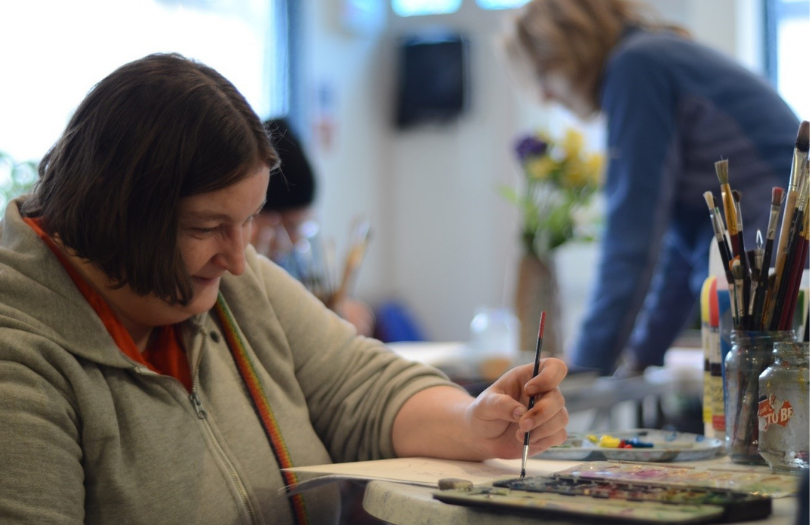The Oxford Homeless Movement partnership, which currently brings together 35 different organisations working with homeless people, is looking at solutions for groups of people that existing services find it difficult to engage with, such as women.
Within Oxford Homeless Movement (formerly known as the City Conversation on Rough Sleeping), a taskforce has been set up to look at the issue of why existing services for homeless people cannot engage with certain groups. Examples being:
- People with no ‘local connection’ to Oxford through family or work, many of whom are therefore ineligible for existing services provided through statutory funding
- Entrenched rough sleepers whose lives are extremely chaotic, to the extent that current practices don’t create lasting changes for the most difficult cases
- Single women, who may fear they are vulnerable to violence or abuse in the context of either rough sleeping or in hostel accommodation, making it harder to identify and support them.
At a recent Oxford Homeless Movement meeting, Liz Edwards from The Big Issue Foundation presented on the problems specific to homeless women. She suggested that a focus on street homelessness risks overlooking women, who generally try to keep themselves ‘safe’ – by staying in abusive relationships; selling sex in return payment for a bed; or floating between family and friends – rather than be exposed. Such an oversight, in turn, has the potential to skew perspectives of commissioners; service providers, and indeed the general public, to a predominately male experience. It has been estimated that about 70% of women experiencing homelessness are ‘hidden’.
Statistics show that anywhere between 44% and 89% of women who are homeless have experienced violence, both prior to and while being homeless. Consequently, these women are deeply traumatised, constantly operating physically and psychologically on ‘high alert’. Indeed, their need to survive often comes to dominate over all their other feelings, resulting in a loss of objectivity and the belief that interference of outsiders will provoke further violence and/or be disruptive to the chosen survival strategy; hence an unwillingness to access support and a distrust of others.
A variety of recommendations were made at the meeting, which are now being discussed in terms of their viability for the partners in the Oxford context. These ideas include women-only spaces for support or accommodation; staff training to enable gender-appropriate responses; embracing a model of trauma-informed care; and the possible appointment of a designated staff within support services for women experiencing homelessness.
Kate Cocker, Director at Crisis Skylight Oxford, comments: “Recent meetings around homelessness issues such as women and ‘no local connection’ have brought large numbers of people from different statutory and voluntary organisations together with grassroots organisations and people with lived experience to discuss and debate, and try to identify agreed solutions. Oxford Homeless Movement is bringing together a wide and diverse range of people with an interest in homelessness. Greater communication and understanding of what each person, group or organisation are doing can only help us make progress in reducing rough sleeping.”
If you would like to be involved in the Oxford Homeless Movement, please contact OHM’s Project Manager: Yvonne Pinner.

